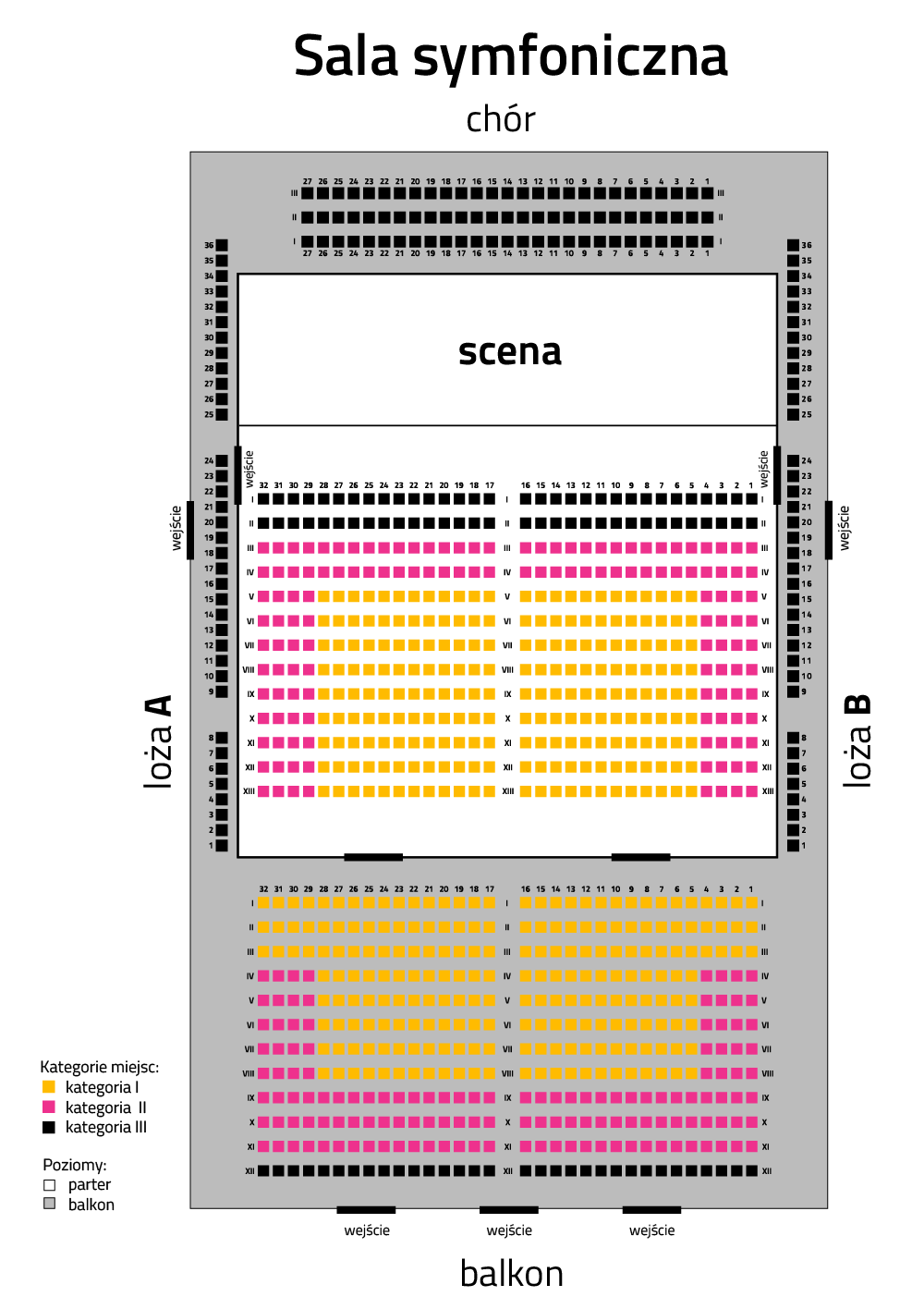The course of history was not very favorable to Russian artists of the twentieth century. The revolution of 1917 led many to emigrate, like Sergei Rachmaninoff. Those who stayed were struggling with the oppressive system that undercut the wings of the outstanding creators. Excellent symphonic traditions combined with the need to adapt to a new system, as well as the depressing reality, all helped to develop a special style in 20th century Russian music, which could be recognized after just a few bars.
"Symphonic Dances" Op. 45 is the final work in the achievements of Sergei Rachmaninoff, completed in 1940 in exile in the United States. The composition, initially entitled "Fantastic Dances", has the form of a three-movement suite, the second link of which is kept in a waltz rhythm. Part one, initially in the marching climate, turns into a lyrical cantilena in the middle section, whose main theme is entrusted to the alto saxophone – this is the only time that Rachmaninoff reached for this instrument. The last of the dances oscillates between the funeral sequence "Dies irae" taken from Gregorian chant, and the resurrecting Orthodox chant "Blagosloven esi, Gospodi", originating from the Vespers composed by Rachmaninoff in 1915.
Alfred Schnittke's viola concerto from 1985 is a leading example of the new trend in the composer's work – polystylism – which is somewhat of a response by the Soviet artists to the postmodernism that prevailed in Western Europe. You can hear echoes of a march, a distant romantic cantilena, or a waltz in it. The work, written for one of the most recognizable altoviolists, Yuri Bashmet, overwhelms above all with a complex dissonant harmony and atmosphere of grave seriousness. The composer completely gave up the participation of violins, using only string instruments of a lower colour – however, he left plenty of space for both virtuoso technical performances and introverted dark meditations.
Exhibition available during event:
Powracające sny | Mikołaj Obrycki (Mikołaj Obrycki)
Oficjalnym partnerem Filharmonii w Szczecinie jest Dealer BMW Bońkowscy.
Oficjalny partner Filharmonii

DETAILS
Bashmet I Schnittke I Rachmaninoff
08-03-2019 19:00

Symphony HallFilharmonia im. Mieczysława Karłowicza w Szczecinie
ul. Małopolska 48
70-515 Szczecin


